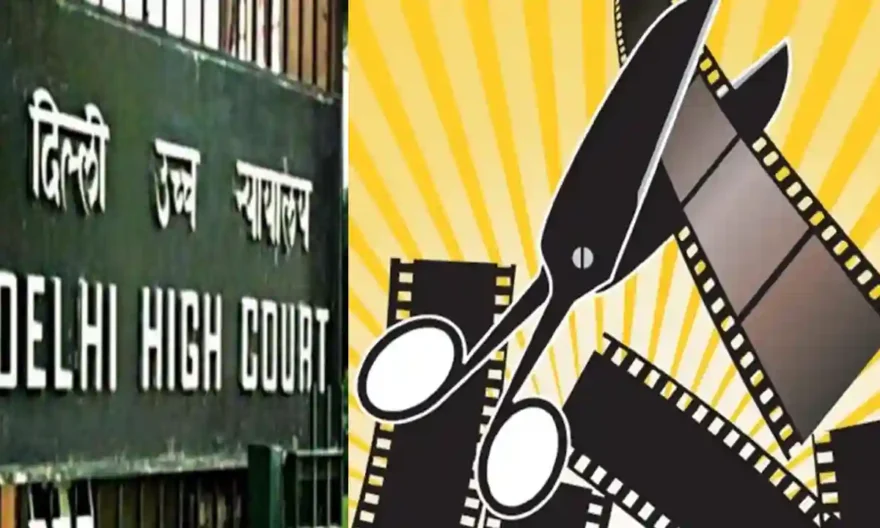
The Delhi High Court on Saturday dismissed a public interest litigation (PIL) seeking the establishment of a regulatory authority to review the contents of non-film songs, arguing that the Central Government had clear regulations in place to monitor the information available on various media platforms.
The Division Bench of Chief Justice Satish Chandra Sharma and Justice Subramonium Prasad observed that the Union government had laid down a clear regime to regulate the content available on public platforms.
The petition was filed by practicing Advocate Neha Kapoor who sought immediate ban on all non-film songs having obscene or vulgar content. It also noted that the Cinematograph Act, 1952, and the Cable Television Networks (Regulation) Act, 1995 addressed the issue regarding regulation of content being telecast on television.
The High Court observed that mandating a statute or adding provisions to a statute amounted to legislation, which was not permissible under the country’s constitutional scheme.
It said that the role of judiciary was primarily to test the legality of a statute and not to amend or modify a statute. Setting up of tribunals, authorities and regulators came purely within the domain of legislature and not in the domain of courts.
The Bench observed that the Union of India had laid down a regimen under the Information Technology (Intermediary Guidelines and Digital Media Ethics Code) Rules, 2021, which was to be followed by every intermediary.
.
The Bench also noted that Section 7 of the Ethics Code stated that whenever an intermediary fails to follow these rules, the provisions of sub-section (1) of Section 79 of the Act shall not apply to such intermediary, and the intermediary shall be liable for punishment under any law currently in force, including the provisions of the Act and the Indian Penal Code.
The High Court determined that publishers of news and current affairs content, publishers of online curated content, and other intermediates who distribute information on various social and digital media platforms were covered by Part III of the Ethics Code.




